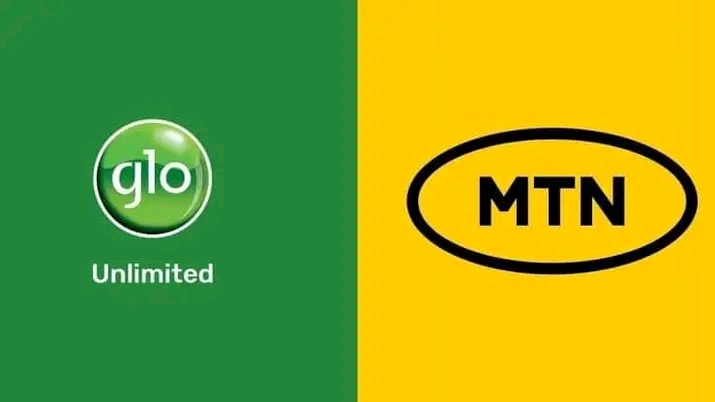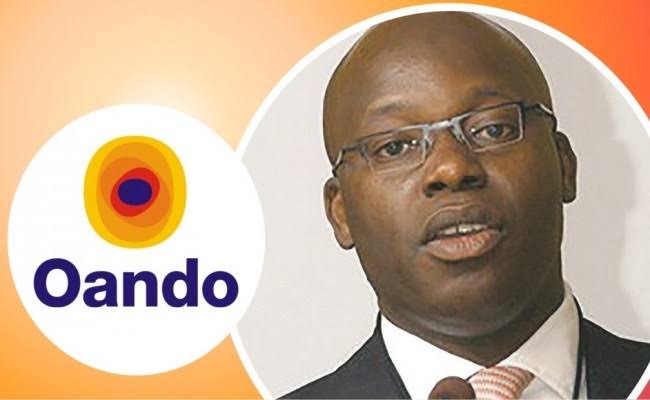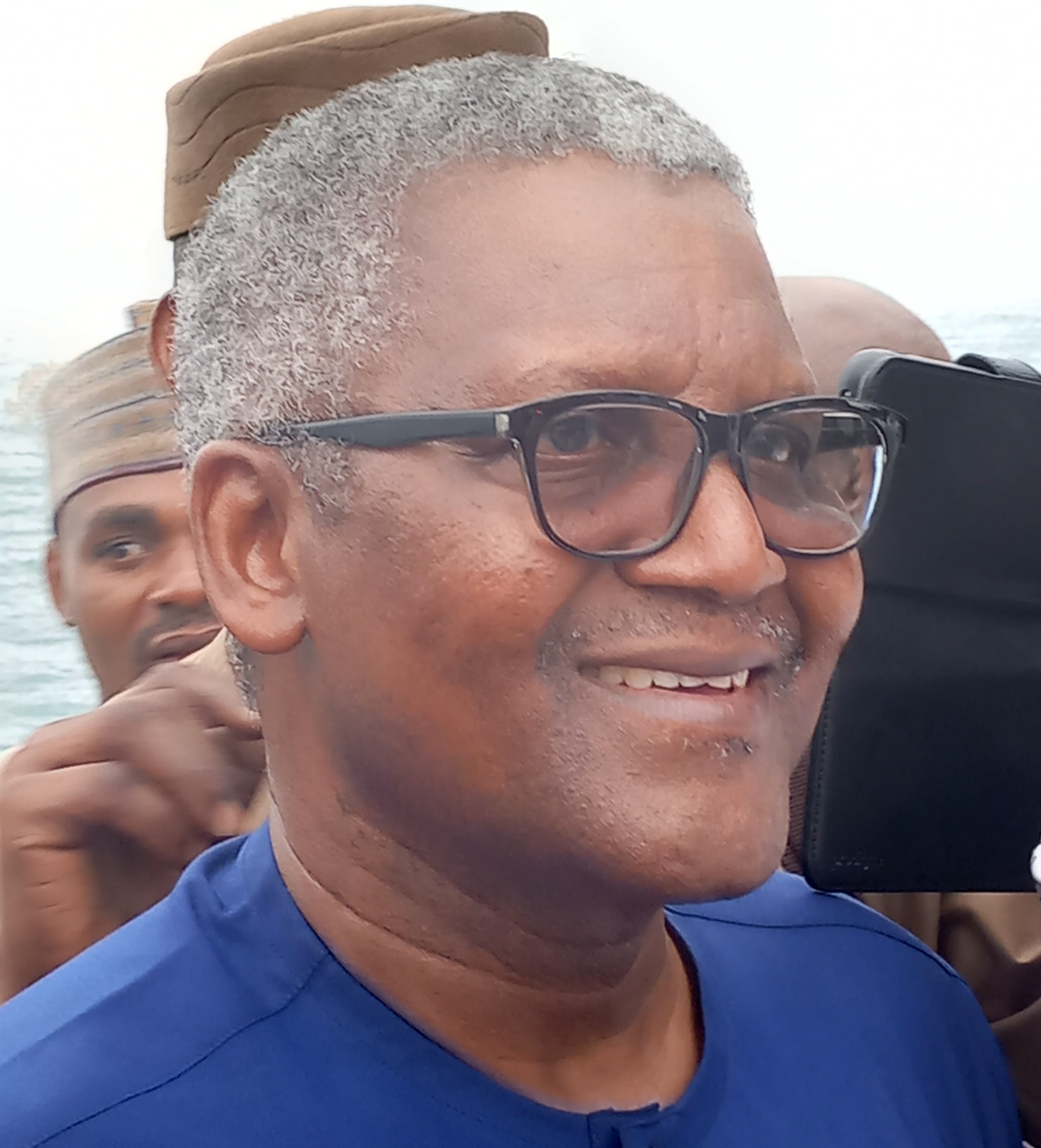Italian oil and gas giant, Eni, on Wednesday announced that it had received regulatory approval from the Nigerian Upstream Petroleum Regulatory Commission (NUPRC) for the sale of Nigerian Agip Oil Company Limited (NAOC) to Oando Plc.
In a statement issued on Wednesday, Eni said it had received formal consent to finalise the deal. It will be the first deal to be approved under the Petroleum Industry Act (PIA) and under the new upstream regulatory body, the NUPRC.
Chief Executive Officer of NUPRC, Mr. Gbenga Komolafe had announced during an industry conference on July 3 in Abuja, that Oando had completed the acquisition of 100 per cent shares of Eni in its subsidiary, NAOC, adding that an announcement was imminent.
Confirming this in the statement, the Italian oil company said it had obtained all other relevant local and regulatory authorities’ authorisations.
“Having already obtained all other relevant local and regulatory authorities’ authorisations, this achievement will allow Eni to proceed to the completion of the transaction for the sale of Nigerian Agip Oil Company Ltd (NAOC), Eni’s wholly owned subsidiary focusing on onshore oil & gas exploration and production as well as power generation in Nigeria, to Oando PLC, Nigeria’s leading national energy solutions provider, listed on both the Nigerian and Johannesburg Stock Exchange.
“NAOC Ltd participating interest in SPDC JV (Shell Production Development Company Joint Venture – operator Shell 30 per cent, TotalEnergies 10 per cent, NAOC 5 per cent, NNPC 55 per cent) is not included in the perimeter of the transaction and will be retained in Eni’s portfolio.
“Eni remains committed to the country through investments in deepwater projects and Nigeria LNG,” the company stated in a statement.
The company also said it was developing plans for economic diversification in the country.
Eni said this includes assessing the potential production of agri-feedstock for Enilive bio-refineries and various nature- and technology-based projects, such as clean cooking initiatives to offset emissions.
Eni has been operating in Nigeria since 1962, actively engaging in hydrocarbon exploration and production, as well as power generation.
Currently, Eni has a substantial portfolio of assets in exploration and production, with an equity production of approximately 40,000 barrels of oil equivalent per day net of NAOC contribution. Eni also holds a 10.4 per cent interest in Nigeria LNG.
NAOC focuses on onshore oil & gas exploration and production as well as power generation, Eni said in the statement.
Aside from Eni, other companies in the process of getting approval are Shell Petroleum Development Company (SPDC), which is selling to Renaissance Consortium as well as ExxonMobil which is selling some of its oil assets to Seplat Energies.
Others are Chappal , which is buying from Total Energies as well Equinor which recently entered into a preliminary deal with the same Chappal Energies to sell some of its assets.
Arise News

 News6 years ago
News6 years ago
 Featured6 years ago
Featured6 years ago
 Boss Picks6 years ago
Boss Picks6 years ago
 Headline6 years ago
Headline6 years ago
 Headline6 years ago
Headline6 years ago
 Headline6 years ago
Headline6 years ago
 Headline6 years ago
Headline6 years ago
 Headline6 years ago
Headline6 years ago













